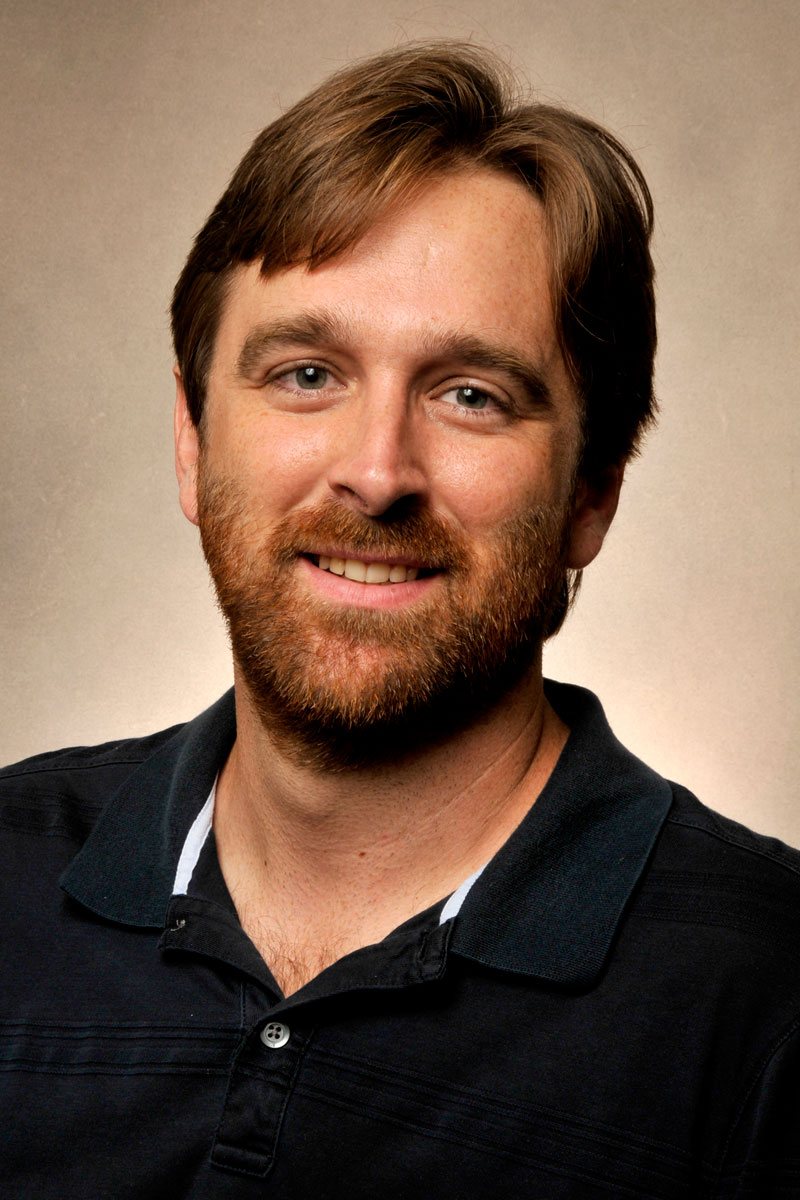FAYETTEVILLE, Ark. – "Higher yield" is the number one goal of Esten Mason, who recently joined the University of Arkansas Division of Agriculture as an assistant professor of wheat breeding and genetics.
In addition to his research, Mason is also a teacher and mentor of his graduate student assistants who are studying to become plant breeders and geneticists with masters' and doctoral degrees in plant science. The multidisciplinary curriculum is based in the university's Dale Bumpers College of Agricultural, Food and Life Sciences.
Mason is filling the position that opened when his predecessor, professor Robert Bacon, was appointed head of the department of crop, soil, and environmental sciences. The breeding program is supported by the Arkansas Wheat Promotion Board, which administers the penny-per-bushel wheat check-off program.
Nearly 520,000 acres of soft winter wheat were harvested in Arkansas in 2011, up from only 150,000 last year, with the increase driven largely by record high wheat prices, Mason said.
"We had excellent yields of 85 bushels per acre or more in areas that did not experience late season flooding,” Mason said. The state average yield of about 61 bushels per acre is well above the usual average of 50 to 55 bushels per acre.
New technology dramatically increased wheat yields starting in the 1960s. A major factor was the work of plant breeder Norman Borlaug, who incorporated dwarfing genes into adapted wheat from Chinese varieties, Mason said. Instead of putting so much energy into vegetative growth of six-foot stalks, shorter plants are able to put more resources into reproductive growth, resulting in twice as much grain if properly managed, he said.
Mason came to Arkansas from a post-doctoral position at the International Maize and Wheat Improvement Center near Mexico City, where Borlaug helped launch the "Green Revolution" of dramatically higher crop yields. Borlaug received the Nobel Peace Prize in 1970 for his role in helping to save millions from hunger and starvation.
"I don't promise to double yields, but I believe we can make significant progress," Mason said. A native of Fredericksburg, Texas, he has a bachelor's degree in biology and a doctorate in molecular and environmental plant sciences from Texas A&M University.
Plant breeding is a team effort, Mason said. One of his main partners is Gene Milus, professor of plant pathology, whose specialty is wheat diseases such as scab and stripe rust, which are the most prevalent diseases in Arkansas wheat fields.
As a geneticist, Mason works on identifying new genes in wheat that can be used to provide durable disease resistance. Durable resistance is achieved by incorporating multiple genes that a disease organism would have to adapt to in order to overcome the resistance.
Mason will not produce transgenic wheat. Instead, he uses what is known as marker assisted breeding to aid in the selection of superior lines. By associating differences in the plant's DNA at the molecular level with the expression of a trait of interest in the field, such as disease resistance, he is able to better select and cross superior lines.
“While most of what I do is very traditional plant breeding, I want to use all the tools available to produce the best varieties possible,” Mason said.
As a graduate student and in his post-doctoral assignment, Mason focused on the genetics of heat and drought stress. That work provides a good foundation for working on environmental stresses more common to Arkansas such as waterlogging and cold tolerance, he said.
Mason will build on Bacon's breeding lines, and start new ones, to produce lines for licensing to seed companies. In so doing, he will help assure that Arkansas farmers have access to high-yielding, disease-resistant wheat varieties well-adapted to Arkansas growing conditions.
Topics
Contacts
Howell Medders, Coordinator
AGCS
575-5647,
